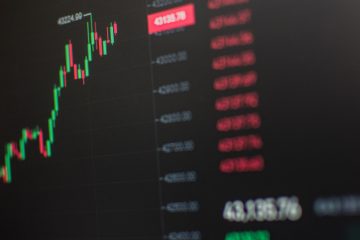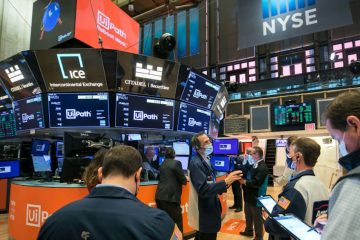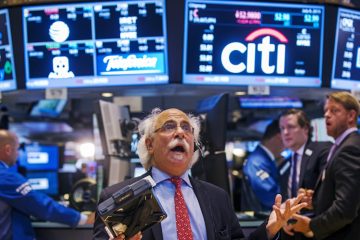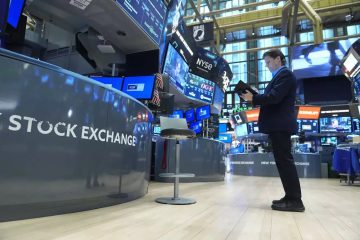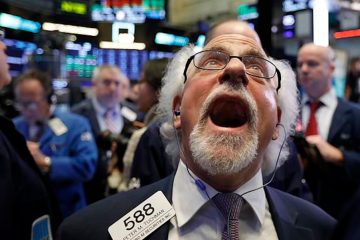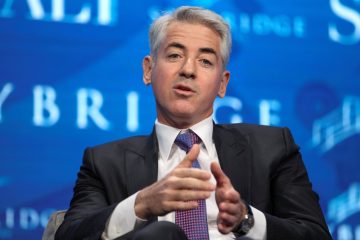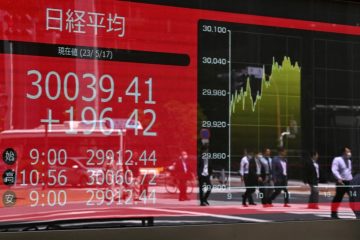Investors Head Into Fall With Jitters After Summer Rally
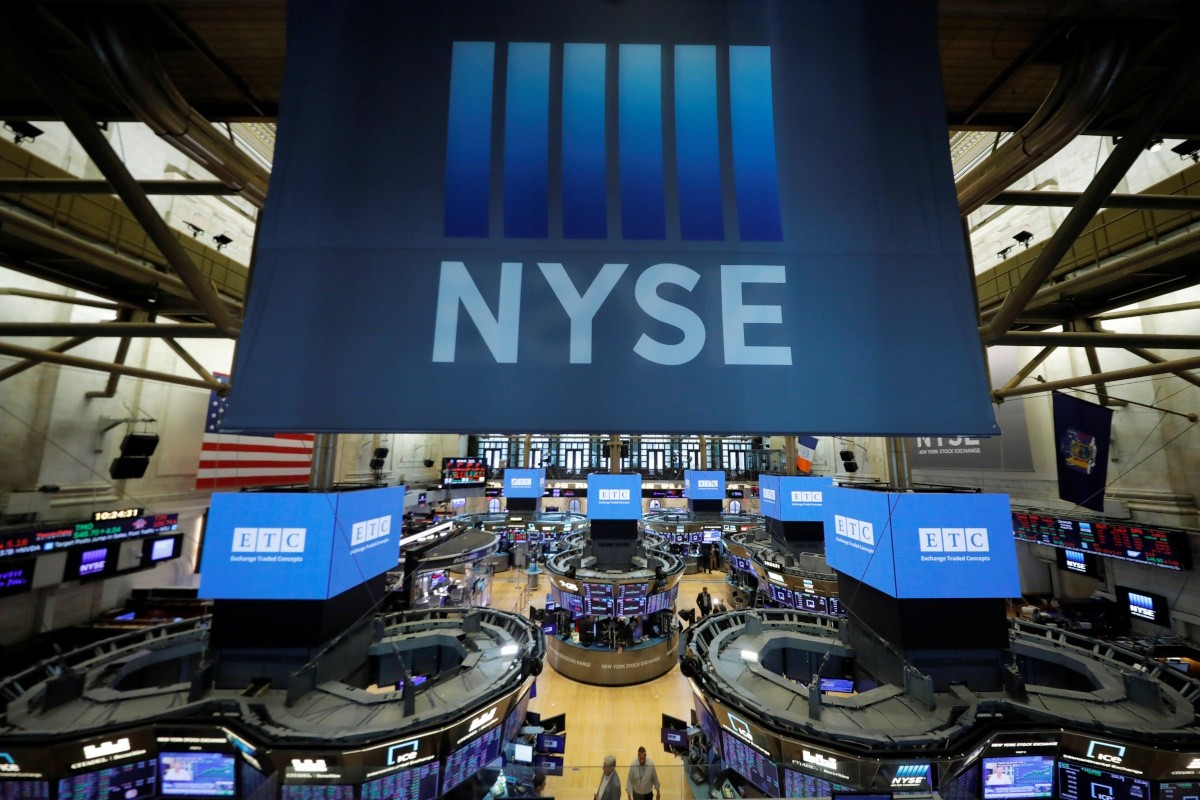
Stock market bulls are on edge heading into September. The S&P 500 is up 18% so far this year, even after falling in August for its first monthly decline since February. The benchmark index rallied in the final week of the month, finishing near its monthly highs for the sixth consecutive month. Now investors are questioning whether stocks can continue defying expectations and hang onto this year’s gains. Data last week showed that hiring cooled over the summer and that economic growth and price pressures remained modest, supporting the case for the Federal Reserve leaving interest rates unchanged from their 22-year highs at its Sept. 19-20 meeting. Officials will get a final reading on inflation the week before the meeting.
Traders are less certain about the Fed’s moves in November or December. Fed Chairman Jerome Powell has said the central bank would consider raising rates later in the year if the economy doesn’t slow enough to keep inflation from falling. Higher rates usually hurt risky investments such as stocks by giving investors safer alternatives, although this year has proven to be an exception.
“Nobody is predicting a recession, which is indicative of probably too much optimism in the system,” said Shana Sissel, chief executive at Banrion Capital Management. “I’m still not 100% convinced that there is enough negativity in the market.” Sissel said that stocks are overvalued and that she expects the S&P 500 to decline more than 10% from its current level by the end of the year. Companies in the index are trading at about 19 times their projected earnings over the next 12 months, according to FactSet. That is up from a multiple of roughly 16.8 at the start of the year and above the 10-year average of 17.7.
In the coming holiday-shortened trading week, investors on Wednesday will get a fresh look at the trade deficit and U.S. service-sector activity for August. They will parse speeches from regional Fed presidents on Thursday. Another potential drag on markets ahead: Some investors aren’t sure whether the mania around artificial intelligence that drove this year’s rally can continue. Nvidia
shares have more than tripled this year, but the company’s blowout earnings last month failed to ignite another surge in AI shares. The tech-focused Nasdaq Composite fell 2.1% in August, its worst month since late last year.
“It has shades of what happened during the crypto craze,” said Jim Besaw, chief investment officer at GenTrust. “It also has shades of what happened during previous bull markets where the market was super-focused on one particular thing.” Besaw said he started the year neutral but has become bearish the closer the market has risen near all-time highs. The S&P 500 on Friday was off about 6% from its record close in January 2022.
Institutional investors are cashing in on their gains, yanking money from U.S.-focused equity mutual and exchange-traded funds for five straight weeks, Refinitiv Lipper Data shows. That marks the longest losing streak since the 11-week run that ended in mid-March when the regional banking crisis fueled worries about the U.S. financial system.
Mel Lagomasino, chief executive at WE Family Offices, said she is locking in profits by selling growth stocks for value in the healthcare and consumer-staple sectors. She has also added to Treasury holdings to capture attractive 5% yields, with interest rates hovering at their highest level in more than two decades.
Shares of chip-maker Nvidia have skyrocketed this year. “These tech megacaps went up too far too fast—the AI hype had a lot to do with it,” Lagomasino said.
Individual investors are growing wary of this year’s rally too. Bearish sentiment—or the expectation that stocks will fall over the next six months—is at 34.5%, the latest American Association of Individual Investors survey shows. That is the second weekly jump after 11 weeks of readings below the average of 31%. Bullish sentiment is below the historical average. The jitteriness is turning up in bets against domestic stocks, which reached $989 billion last week, up from $886 billion at the end of 2022, according to S3 Partners. Short sellers are finally cashing in; their positions were up $43 billion in August, though that is still far from the $174 billion they lost during the first seven months of the year. Some traders are still hopeful markets could extend their gains after Labor Day, when trading volumes typically pick up.
Consumer spending, the biggest driver of economic growth, has remained resilient. Sarah Henry, portfolio manager at Logan Capital Management, noted the huge turnouts for Taylor Swift and Beyoncé concerts this summer and expects people will continue spending on experiences. “Consumers are still feeling optimistic and want to spend money on discretionary things,” said Henry.



